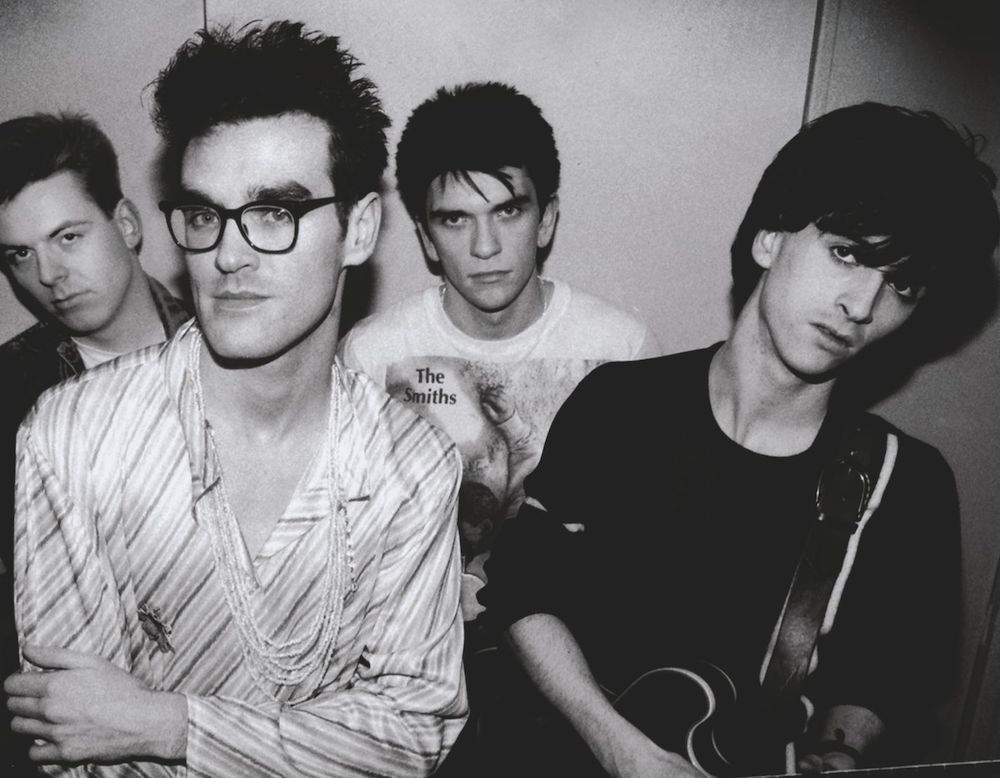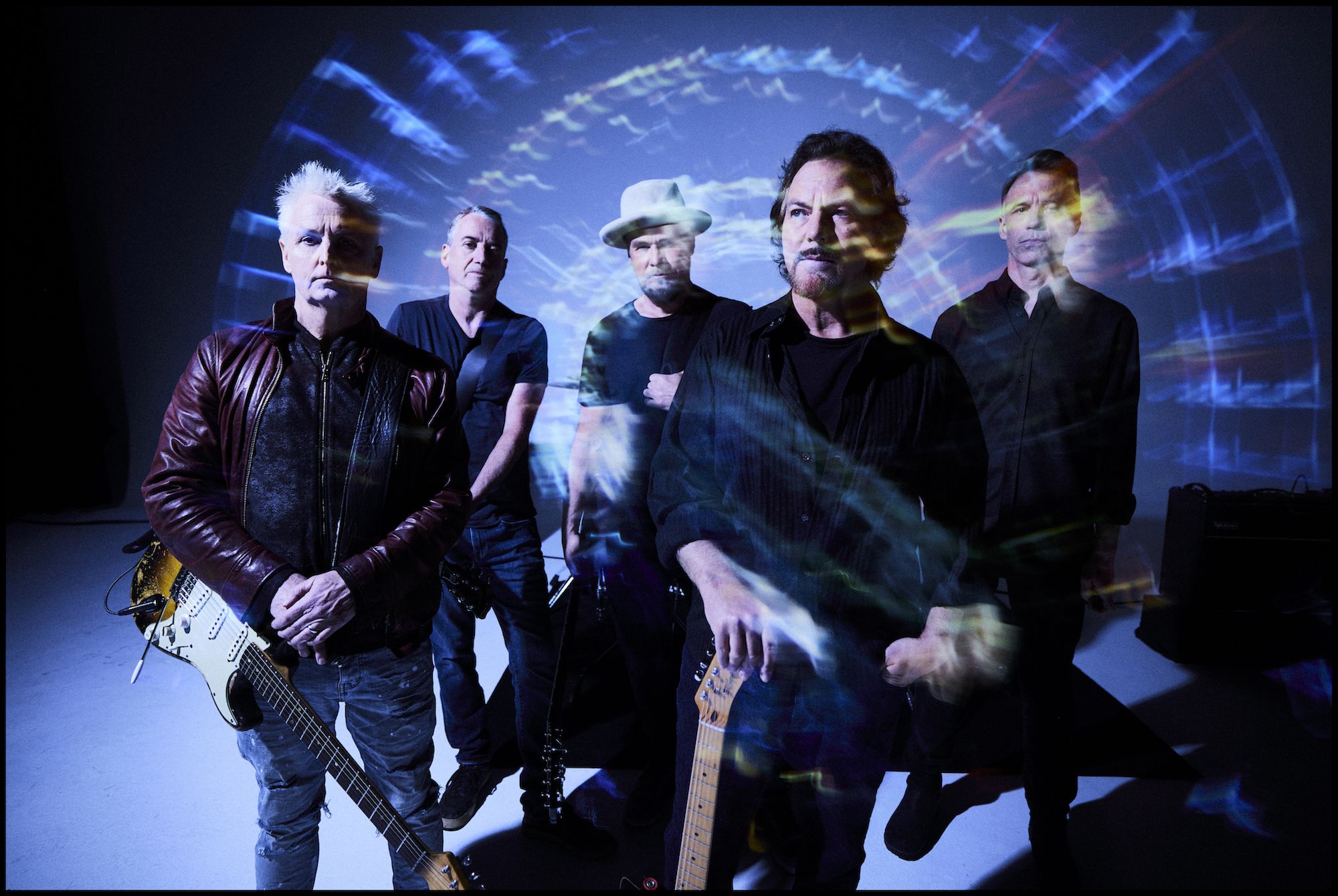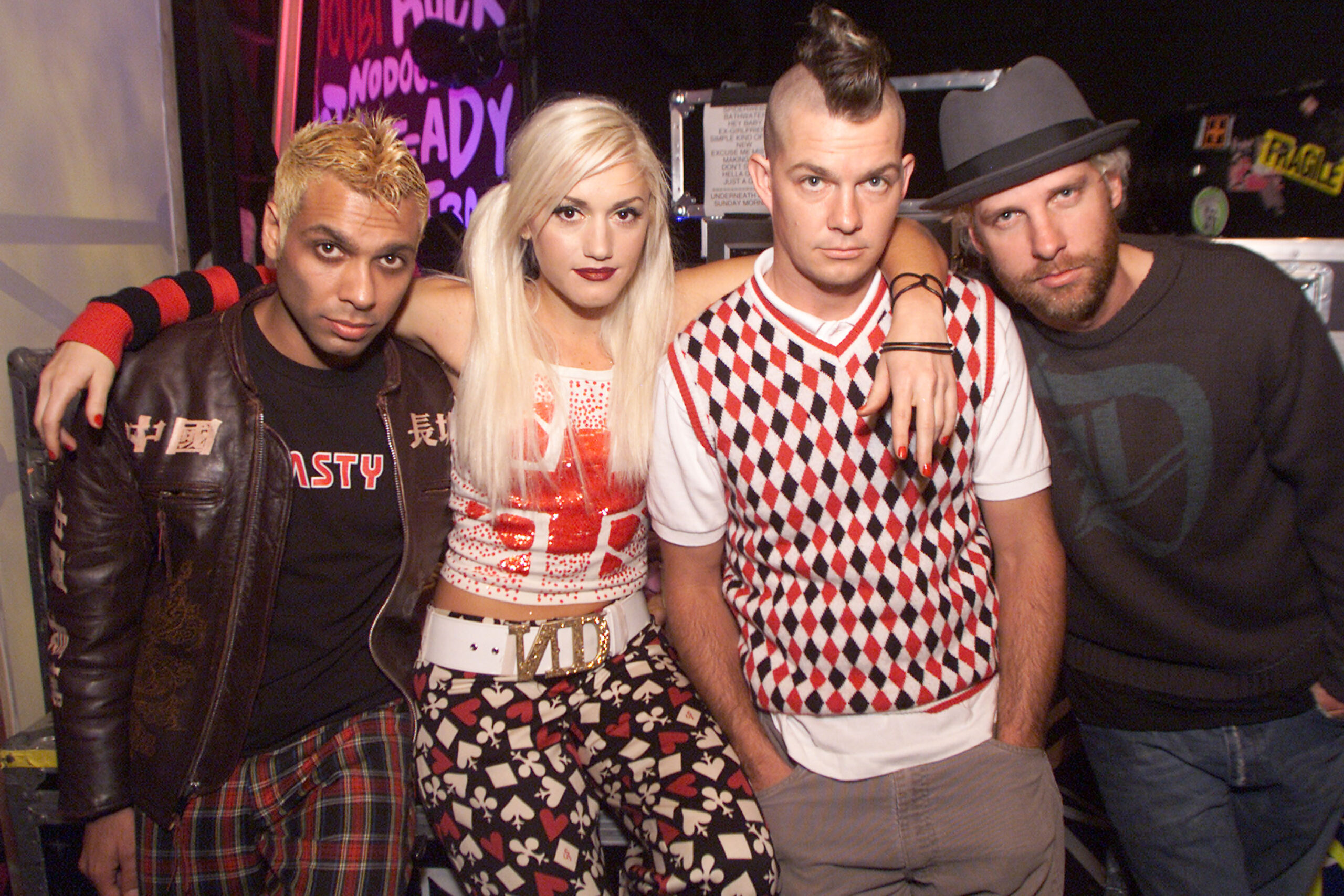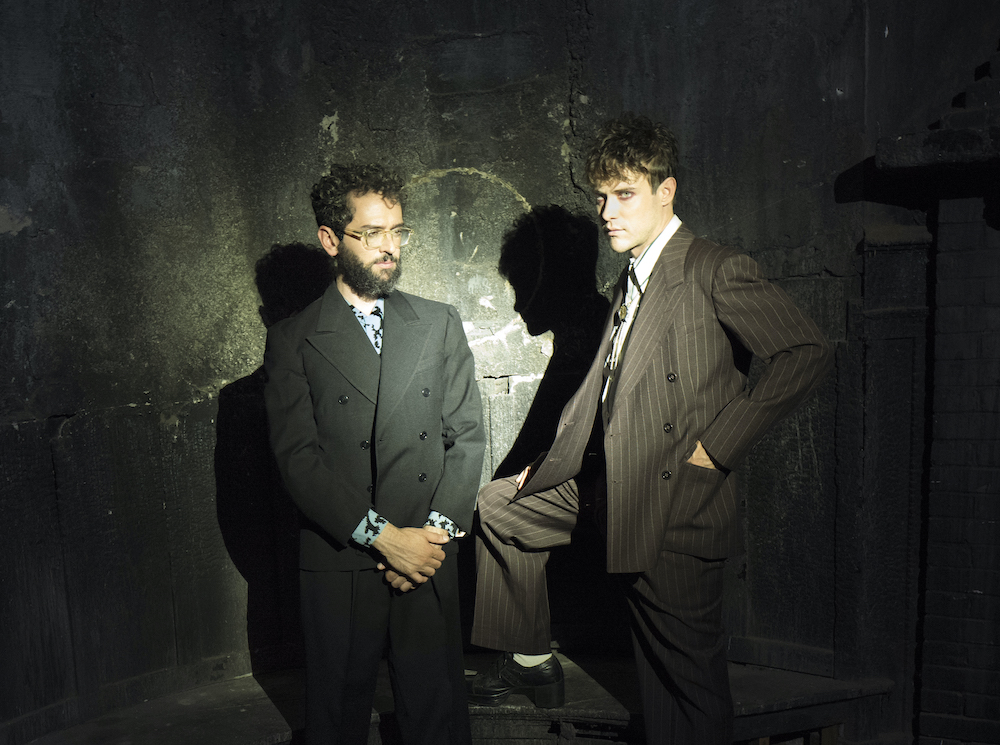Rock and roll has never lacked for singular characters, and amongst that cavalcade of the insanely great and greatly insane, Lewis Allen "Lou" Reed takes second chair to nobody. Lou is an artist who tries you, beguiles you, dares you to dislike him, wins you over, makes you laugh, and expands your imagination. His multitudes contain multitudes. He is baldly transgressive and romantically nostalgic for bygone eras. He is cynical, belligerent, and arrogant, and also capable of articulating stunning empathy toward society's greatest outcasts. He can seem like the smartest songwriter in the world in one breath and Spinal Tap stupid in the next. He has been imitated and idolized by generations of wonderful musicians ranging from but not limited to Sonic Youth, Yo La Tengo, The Jesus And Mary Chain, and Jonathan Richman, to name but a very, very few. He is an accountant's son from Freeport, Long Island. He underwent shock treatment as a young man. His first job in music was writing for Tin Pan Alley, attempting to foster a dance craze out of an original song called "The Ostrich." They won't make another one like him anytime soon.
For understandable reasons, many music fans most closely associate Reed's best work with his role as frontman in the Velvet Underground, quite possibly the finest rock band to ever make the rounds. But the winding course of his four-decade-plus solo career after the Velvets is amongst the thorniest and most fascinating discographies of any major artist of the past century. He has rendered more than a handful of wonderfully brilliant and diverse releases, with the most accomplished period occurring between 1972's David Bowie-produced Transformer through 1989's topically driven late masterpiece New York. Reed's career as a solo artist has confirmed without argument his status as one of rock and roll's unimpeachable greats, the equal of appropriately esteemed contemporaries like Bob Dylan and Leonard Cohen.
In much the same way as those other artists, Reed has diligently sought new ways to grow old gracefully in a youthful idiom, embroidering a maturity onto a genre that has its deepest roots as novelty music for adolescents. As with Cohen, Reed's literary pursuits and pretensions are a crucial linchpin to his vision of a more adult rock and roll: the candid fetish fantasies and lurid drug scenarios liberally adapted from the fiction of Nelson Algren and Hubert Selby, the poetic aspirations owing much to his college mentor Delmore Schwartz. His peculiar, half-loving/half-antagonistic relationship to Andy Warhol provided his initial entrée into New York's most rarefied avant-garde circles and perhaps also helped establish a template between the populist art and experimental tendencies that are the functional dichotomy for his recorded output.
Lou's frequently delightful commercial come-ons are as transparently calculated as his audience-baiting fuck yous. In the midst of an accomplished, often brilliant output, he has forcefully manifested two of the most universally loathed records of the past forty years (1975's avant-garde fuck-around Metal Machine Music and the whatever-that-was 2011 collaboration with Metallica, Lulu). He has yet to apologize for either perceived transgression. Within his catalog, the charged melodrama of Berlin and the confessional self-flagellation of The Blue Mask sit strangely comfortably alongside the funny and moving romantic confections of Coney Island Baby and the appealingly melodic mainstream pop of New Sensations. It is tempting to compare Reed's all-over-the-map catalog to Neil Young's wandering muse, but whereas Young feels free-associative and genuinely unencumbered in his apparent aimlessness, Reed's albums nearly always seemed calculated to the utmost degree -- calculated to impress, to appall, to gratify, or grate. He is a more self-conscious songwriter than Young. He is, maybe, more self-conscious than anyone.
The heights of Lou's solo work are the equal of the Velvets and, arguably, occasionally even better. This is the kind of large and erratic catalog that makes passionate music fans head down a wormhole, never knowing where they are going to turn up a true gem. They exist on nearly every record, but often in the most surprising places. Here's a look at ten of the best Lou Reed solo songs, and a starting point for what cannot fail to be a fascinating discussion. He's just a gift to the listeners of this world.
10. "Waves Of Fear" (from The Blue Mask, 1982)
The horrific but cathartic eighth track from 1982's junkie's journal The Blue Mask renders the psychosis of drug paranoia in its most visceral terms, with a harrowed-sounding Reed half-screaming the lyrics: "Waves of fear, squat on the floor/ looking for some pill, the liquor is gone/ Blood drips from my nose, I can barely breathe/ waves of fear, I'm too scared to leave." As is frequently the case, Reed's terrified obsessions are well abetted by a sterling backing group, this time including the late and lamented Robert Quine, whose take-no-prisoners approach to the material drags it kicking and screaming over the ugly realities of confronting real recovery. Lou says, "he must be in hell," but Quine's playing makes us believe it.
[videoembed size="full_width" alignment="center"][/videoembed]
9. "Turn To Me" (from New Sensations, 1984)
Perhaps Reed's most under-appreciated gift as a songwriter is his capacity for sheer wit, the equivalent of Elvis Costello or Robyn Hitchcock when he elects to bring it to bear. This element of his songwriting prowess is cast into bold relief on the winsome, poignant track "Turn To Me," a meditation on friendship, aging, and mortality that ranks as one of his best ever achievements. Having survived, however surprisingly, the excesses of the 1970s, Lou thoughtfully addresses an acquaintance who is also facing the ugly crucible of having a friend die "of something you can't pronounce." But over a catchy "Sweet Jane"-style progression he comforts both the fallen and the aggrieved, acknowledging the randomness, irony, and melancholy of our respective destinies. If this is Lou as rabbi, then rest assured you will never have a cooler one at your behest.
[videoembed size="full_width" alignment="center"][/videoembed]
8. "Walk On The Wild Side" (from Transformer)
Following the implosion of the VU and the indifferent reception to Reed's first solo record, Lou was in need of a major commercial makeover. Fortunately he found his guardian angel in longtime admirer David Bowie who, along with fellow Spider From Mars Mick Ronson, assumed the role of producer and re-imagined Reed's persona as a sort of transgendered James Dean on the remarkable Transformer. "Walk On The Wild Side" is but one of the many highlights -- a detailed oral history of Warhol's Factory casually recounted firsthand by one of the major principals. Everything about this song satisfies -- from the cool, unfussy basslines to the almost ethereal backup singers, to the surprising, yet completely fitting, string arrangements. Lou's at the peak of his powers here, delivering evocative character studies as if he were giving eyewitness testimony from a lounge chair, languidly seducing listeners into his world.
[videoembed size="full_width" alignment="center"][/videoembed]
7. "The Kids" (from Berlin, 1973)
The nearly 8-minute long devastation of "The Kids" largely is the story of Berlin -- a collaboration between Lou and producer Bob Ezrin that details the awful spiral of an exploited protagonist. One of the cruelest and most difficult songs written in the idiom, this cathartic epic is pop music as a bleeding, open wound. The slow burning pain of hearing a lowborn woman removed of her beloved children by Child Services gashes the guts like a well-wielded switchblade. This is social realism reminiscent of Roberto Rossellini's Open City, but nearly bereft of hopefulness or the sense of possibility.
[videoembed size="full_width" alignment="center"][/videoembed]
6. "Wild Child" (from Lou Reed, 1972)
The highlight from Lou's self-titled first record, "Wild Child" is the kind of ambling, no-account narrative regarding his interaction with the denizens of the wild side that could probably one day serve as his obituary. With a proto-Tattoo You guitar and "Diamond Dogs"-style descriptions of the glamorous lowlifes in full outlaw mode, Lou sings with barely contained glee about his run-ins with assorted hot freaks such as "Chuck in his Genghis Kahn suit" and "Ed who had been reported dead." But the true object of his affection is the titular wild child, someone named Lorraine who apparently sleeps on the streets and preoccupies the thoughts of everyone she encounters. This is the great, scuzzed-out, slum-dwelling cousin to Dylan's "Visions Of Johanna" -- Lorraine might not be nearly not as poetic, but she's probably a lot more fun.
[videoembed size="full_width" alignment="center"][/videoembed]
5. "Satellite Of Love" (from Transformer, 1972)
One of Lou's great strengths as a songwriter is that for every awful thing he has to say about the potential of human relationships, he is an equally compelling chronicler of romantic possibility. Lilting and heartfelt, "Satellite Of Love" is an example of Reed at his least cynical, ebulliently rendering an aura of pure love and sensation. He is extremely funny here as well, wringing laughs out of the mundane with his enthusiastic disclosure that: "I like to watch things on TV." And on the unforgettable bridge he teases his paramour about his/her ceaseless appetites: "I've been told that you've been bold with Harry, Mark and John"/ Monday and Tuesday/ Wednesday through Thursday/ With Harry Mark and John." Proof that Lou in a good mood is every bit the accomplished writer as his bile-spitting Mr. Hyde alter ego.
[videoembed size="full_width" alignment="center"][/videoembed]
4. "Dirty Blvd." (from New York, 1989)
In the mid-1980s it seemed like Lou Reed had been spinning his wheels a little bit and turning out what felt like not particularly ambitious material, and when he released an album titled New York in 1989, it all seemed a little too obvious -- you just wanted to say, "Oh, Lou, don't call your album New York, anything but that." But as it happens, the seemingly adrift Reed had managed to recapture whatever magic had been lost previously and New York turned out to be one of the artist's most impressive records to date. By 1989, New York City had become rather decrepit, tremendously economically bifurcated and fucked up, and Lou used this landscape to draw detailed character studies and illustrate the plight of an underclass being kicked to the curb. "Dirty Blvd." is about an abused kid trapped in an endless cycle of poverty, resigned to a life of slinging drugs in the street, dreaming of something better, but there's really no satisfying end in sight. Musically, it's a simple track, which only augments the power of its message. Lou's always dealt with social and sexual politics very explicitly but was typically reticent about being directly topical up until this point. New York is capital-P-Political, a turn he pulls off with aplomb. He's never seemed more confident and controlled than when he is in his own backyard.
[videoembed size="full_width" alignment="center"][/videoembed]
3. "Coney Island Baby" (from Coney Island Baby, 1976)
The startlingly vulnerable and romantic title track from Reed's 1976 classic is a deeply moving contemplation on love, memory, and redemption. Over a fetching, slow-burning two-chord melody and some lyrical lead playing, Reed begins unspooling an unhurried yarn with a seemingly preposterous adolescent recollection: "You know, man, when I was a young man in high school/ believe it or not I wanted to play football for the coach." From there, Reed proceeds to unpack his apparently unironic ambition to play linebacker for a football coach he deeply admired. This goes on for approximately the next minute and fifteen seconds. Then, while the band continues to churn on behind him, playing subtle variations on the same simple melody, he pivots without warning to the present tense: "When you're all alone and lonely/ in your midnight hour/ And you find that your soul/ it's been up for sale."
By seemingly any natural law of narrative songwriting, this should all amount to an insane disaster, or a tediously indulgent exercise. It is, instead, absolutely mesmerizing. As the nearly seven-minute song builds to a truly lovely catharsis -- it gradually reveals itself as a genuine tribute to "the glory of love" and the possibilities provided by unconditional acceptance -- the feeling of transporting nostalgia is almost overwhelming. A perfect example of Reed's asymmetric genius at work -- here he has taken what appears to be no idea at all and turned it gradually into a passionate Proustian epic.
[videoembed size="full_width" alignment="center"][/videoembed]
2. "Perfect Day" (from Transformer, 1972)
The sublime third track on Transformer is as wise as it is winsome. It begins sparely and elegantly, with Lou half-whispering about simple pleasures -- drinking sangria in the park, feeding the animals at the zoo, watching a movie, going home when it gets dark. From there the song deceptively opens up, the (wonderfully and intricately Ronson-arranged) string section crescendos, and Reed delivers a melodic chorus in full-voice that really convinces the listener that, yeah, it does sound like the man had a perfect day with his companion. But by the end of the second verse, a melancholy falls over the proceedings when he brings up "problems" ignored and says, "You made me forget myself/ I thought I was someone else, someone good," casting a pall over what was once a sunny, innocent scene. By the end of the song, Reed is singing the biblical refrain "You're going to reap just what you sow" over and over -- a sentiment that is both jarring and ominous, the darkness finally fully descended whatever sliver of light may have been hanging on the horizon. It is not without accident that this song is used to great effect to articulate ennui and despair in the movie Trainspotting. "Perfect Day" is the Tao of Lou -- there cannot be lightness without darkness, simplicity without complexity, happiness without sadness, elation without regret.
[videoembed size="full_width" alignment="center"][/videoembed]
1. "Street Hassle" (from Street Hassle, 1978)
Like so many of his greatest achievements, the three-part, nearly 11-minute title track to Reed's 1978 album seems like a bad idea on paper. In its execution it is one of those rare rock epics that doesn't suffer from overblown pomposity, but rather lives up to its ambition through the strength of a remarkable set of multi-perspective lyrics and a recurring musical theme that begins and ends the piece, first on quietly bowed strings and later in a beautifully mutated guitar workout. Between these moments, too much happens to describe -- practically a novel's worth -- but the essence is an arresting, unsentimental look at junkie culture and life on the streets, including a brilliant spoken-word cameo from Bruce Springsteen, who cheerfully deflates the romanticism of his own epigram: "Tramps like us/ we were born to pay." "Street Hassle" captures and conjures just about every trick in Lou's bag: It is harsh and humane, profane and dignified. There are not too many songs which could rightly both be described as beautiful and also contain the insight:
When someone turns that blue/ well it's a universal truth/ you just know that bitch will never fuck again.
But this song does that, and so much more. In the final takeaway, Lou's identifications are where they have always been -- with the junkies, hookers, and gutter rats overlooked and dismissed by mainstream society. He doesn't romanticize his characters, or paper over the grim destinies that most of them face. But he does love them and make them lovable to us in his rendering. "Street Hassle" is practically the Gettysburg Address of the marginalized underclass:
Some people got no choice/ And they can never find a voice/ to talk with they can even call their own/ so the first thing that they see/ that allows them the right to be/well they follow it/ you know it's called ... bad luck.
[videoembed size="full_width" alignment="center"][/videoembed]






